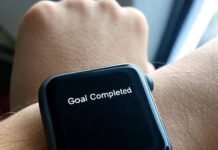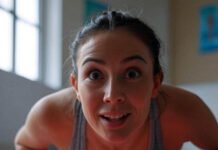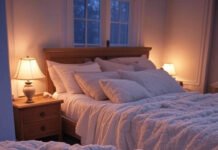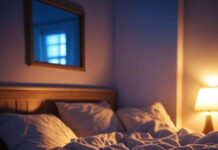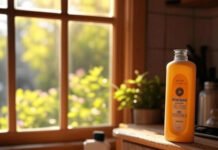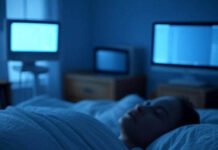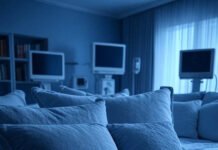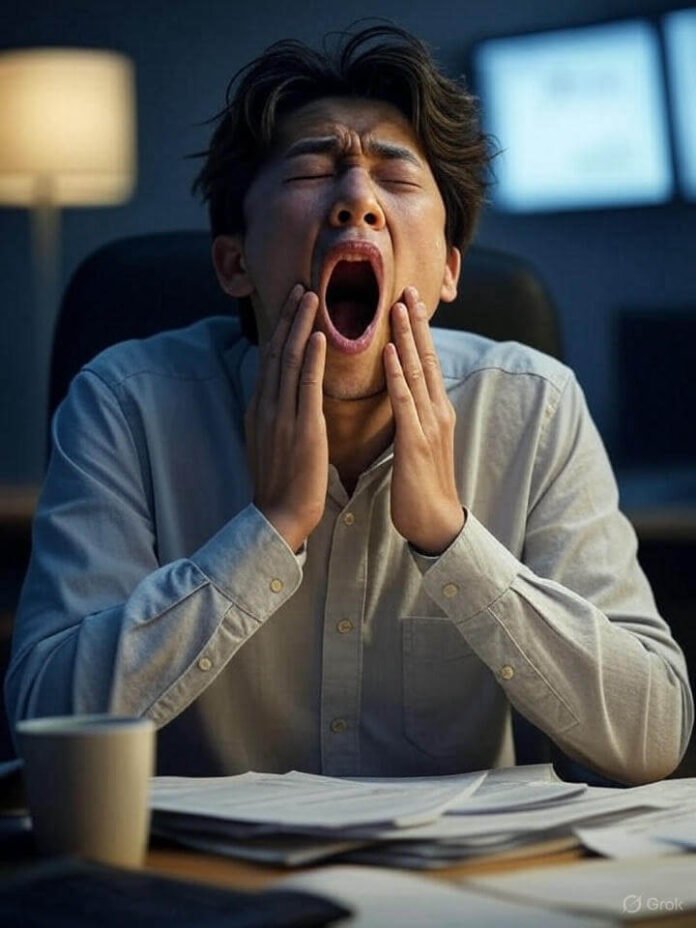Okay, so here’s the thing: I never thought I’d be the person googling “how to overcome sleep disorders” at 3:17 a.m. with one eye open and the other twitching from exhaustion. But life, as usual, has jokes.
I wasn’t always like this. I used to fall asleep in the middle of movies. Once, I legit fell asleep on a rollercoaster (don’t ask me how—that’s a whole other story). But lately? Nope. My brain decided nighttime was the perfect time to remind me of every embarrassing thing I’ve done since kindergarten. (Yes, including that time I called my teacher “mom” in front of the whole class.)
So yeah, sleep and I… complicated relationship.
The Night I Knew Something Was Off
Picture this: it’s 2 a.m., I’m in bed, staring at the ceiling fan like it’s about to reveal the meaning of life. My wife rolls over and goes, “Are you seriously still awake?”
Me: “Yeah.”
Her: “Why?”
Me: deep sigh “My brain won’t shut up.”
I mean, what do you even say to that?
That night turned into weeks of tossing, turning, doomscrolling, late-night snack runs, then hating myself in the morning because I looked like I’d been in a wrestling match with a raccoon.
And that’s when I realized—this wasn’t just a bad night’s sleep. This was a thing. A sleep disorder. (Hated admitting that, but hey, step one is denial, right?)
What Sleep Disorders Actually Feel Like (Spoiler: Not Cute)
Doctors can list symptoms in neat bullet points, but let me tell you what it actually feels like:
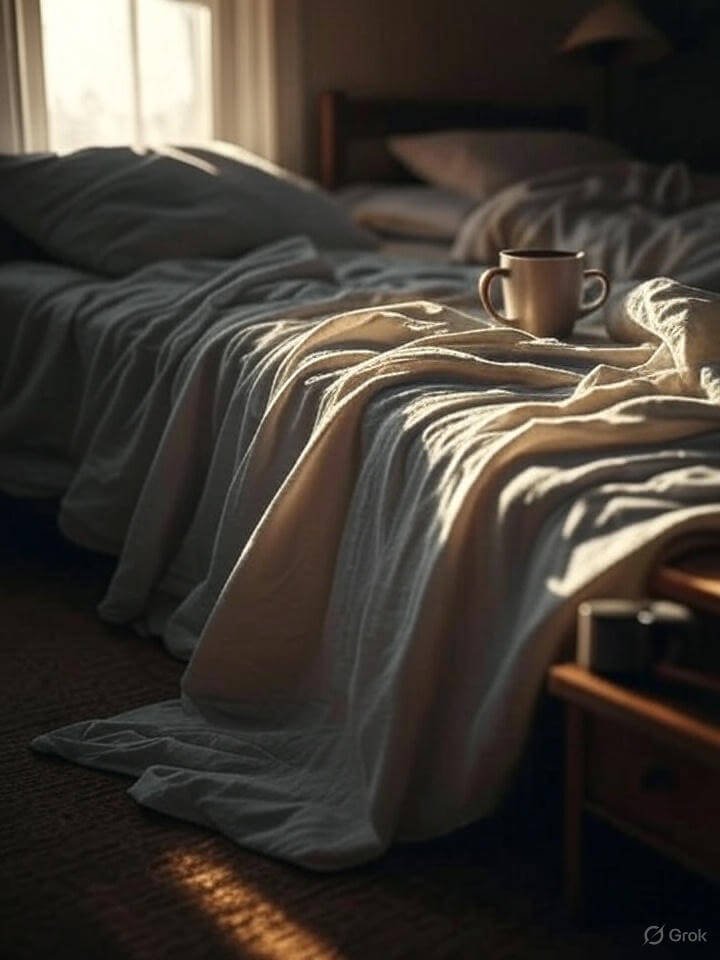
- Insomnia: Laying in bed like a stubborn toddler refusing a nap. Except you want the nap. You beg for the nap. The nap is nowhere to be found.
- Sleep apnea: Like your body forgets it’s supposed to breathe, so it jolts you awake at the exact moment you were finally drifting. Rude.
- Restless legs syndrome: Imagine your legs turning into toddlers on a sugar rush at bedtime. That’s it.
- Night terrors: Basically horror movies, but you’re starring in them, and your neighbors might hear you scream. Cute.
And here’s the kicker—these aren’t just “bad sleep” moments. They mess with your entire life. Mood swings, brain fog, random cravings for chips at 9 a.m. (not that I’m complaining).
The First Thing I Tried (And Totally Failed At)
Naturally, I tried the classic: warm milk before bed.
Spoiler: It didn’t work.
Actually, I think it made things worse because then I had to pee at 4 a.m. So thanks, milk.
Then came melatonin gummies. Look, I don’t know who designed those things, but they taste too good. Like, should candy be regulating my brain’s sleep cycle? Questionable.
Still, I didn’t quit. I went full detective mode—experimenting with routines, lighting, weird TikTok hacks (yes, I tried that one where you tape your mouth shut so you “breathe better.” Almost died. Don’t recommend.)
Tips That Actually Helped Me Sleep Like a Semi-Normal Human
Alright, here’s where I get real. Not everything worked, but these are the things that actually moved the needle:
1. The “No Phone in Bed” Rule
Do I always follow this? Nope.
But when I do, my sleep improves by, like, 80%. The blue light, the endless scroll, the late-night Amazon cart decisions (do I really need a mini waffle maker at 1 a.m.?). Yeah, cutting that out helps.
2. White Noise Machines Are Weirdly Magical
I bought one that makes ocean sounds. At first, I was like, “This is dumb, I’m just listening to fake waves.” Next thing I know, I’m drooling on my pillow.
3. Caffeine Cutoff Time
I used to drink coffee at 5 p.m. because “it doesn’t affect me.” Lies. Pure lies. Now, no coffee after 2 p.m., and I sleep better. My mood? Still questionable.
4. Move Your Body (Even If It’s Just a Walk)
I swear my sleep is better on days I actually get steps in. Doesn’t have to be gym-hero energy—just walking around Target counts.
5. Talk to a Doctor (Yeah, the Real Kind)
At some point, I had to admit I couldn’t DIY this forever. Turns out sleep apnea is more common than people realize, and there are actual treatments. (Shocking, I know.)
Natural Remedies vs. Medication (My Honest Take)
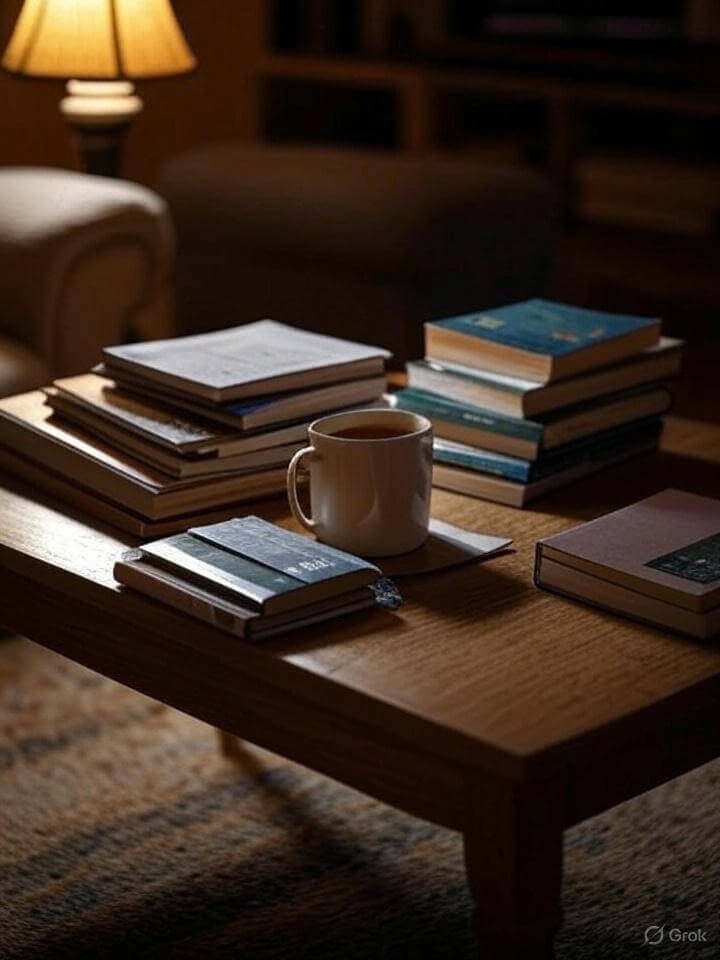
I’ve tried both.
- Natural remedies: Herbal teas, lavender sprays, magnesium supplements… they sometimes help, but also sometimes just make me smell like a spa.
- Medication: Works. But it’s a slippery slope—you don’t wanna depend on it forever.
What I landed on is balance. A little chamomile tea ritual + medical checkups + lifestyle tweaks. That combo feels sustainable.
Funny (and Slightly Embarrassing) Side Story about how to overcome sleep disorders
One night I was so desperate I searched “sleep hypnosis on YouTube.” You ever tried that? A calm British man telling you to “relax your eyelids” while you’re like, “Dude, if I could relax, I wouldn’t be here”?
Anyway, halfway through, I did fall asleep. Problem was, I woke up at 3 a.m. to autoplay switching me into a motivational speech video blasting, “YOU CAN ACHIEVE YOUR DREAMS!”
My wife thought it was hilarious. I, however, nearly had a heart attack.
(Insert GIF suggestion: Someone waking up in shock with crazy bed hair.)
So… Can You Really Overcome Sleep Disorders?
Here’s my take: yes, but not overnight (ha, see what I did there?). It’s about experimenting, being patient, and sometimes laughing at yourself in the process.
It’s not just “get more sleep.” It’s:
- Create a bedtime vibe that doesn’t suck
- Take your health seriously (even if you hate doctors)
- Find hacks that fit your actual life (not Instagram-perfect routines)
Final Thoughts about how to overcome sleep disorders
If you’re in the trenches of a sleep disorder, I feel you. It’s lonely, it’s frustrating, and mornings hit different when you’ve basically been awake all night.
But trust me—you’re not broken. You just need a toolbox of tricks, maybe some professional help, and a little patience. And maybe stop drinking Red Bulls at midnight (looking at you, past me).
And if nothing else? At least you’ll have some wild stories to tell. Like the time you accidentally joined a 3-hour ASMR livestream just to get some shuteye.
Outbound Links to Sprinkle In:
- Funny late-night thoughts blog: https://thoughtcatalog.com
- Sleep Foundation resource: https://www.sleepfoundation.org

